Strategies for Scaling Your E-Commerce Business Globally
Expanding an e-commerce business beyond domestic markets is an exciting opportunity—but also a complex challenge. Going global means adapting to new markets, cultures, and customer behaviors while staying true to your brand identity. If you’re ready to take the leap, here are some key strategies for scaling your e-commerce business globally.
1. Conduct Market Research
Before entering a new country, research demand, competition, and cultural preferences. What sells well in one region may not resonate in another. Market research helps you identify profitable opportunities and avoid costly missteps.
2. Localize Your Storefront
A global audience expects a shopping experience tailored to them. Localization includes:
- Translating your website into the local language.
- Adjusting product descriptions and visuals to cultural preferences.
- Supporting local currencies and payment methods.
This builds trust and improves customer conversion rates.
3. Optimize Logistics and Shipping
International shipping can make or break customer satisfaction. Partner with reliable logistics providers, offer multiple delivery options, and be transparent about shipping times and costs. Setting up regional warehouses can reduce delivery times and costs.
4. Comply with Local Regulations
Every market has unique rules regarding taxes, customs, data privacy, and consumer rights. Ensure compliance to avoid legal issues and build a reputation for reliability.
5. Leverage Global Marketing Channels
Use social media, influencers, and search engines to target specific regions. Platforms like TikTok, Instagram, and Google Ads allow geo-targeted campaigns to reach customers where they are most active.
6. Offer Excellent Customer Support
Providing multilingual support and local customer service channels builds trust. Quick responses to questions and complaints help reduce returns and increase repeat purchases.
7. Test, Scale, and Adapt
Start small—launch in one or two markets first. Analyze performance, gather customer feedback, and adapt your strategy. Once successful, replicate your approach in other regions.
🌍 Final Thoughts
Scaling your e-commerce business globally requires more than just shipping products overseas. By focusing on localization, logistics, compliance, and customer experience, you can create a strong foundation for international success and long-term growth.
Recommend:




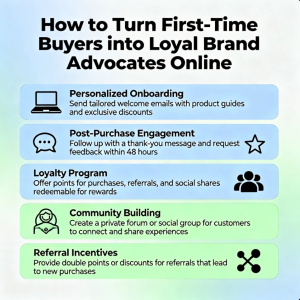

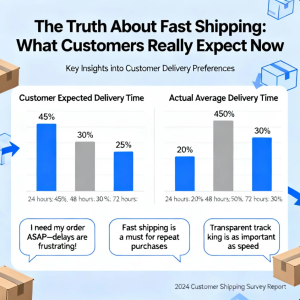
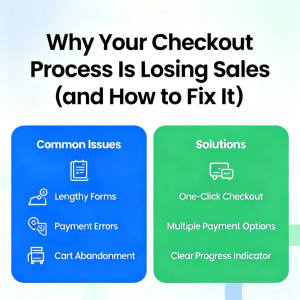



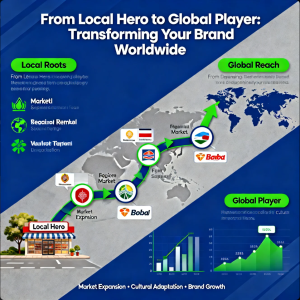
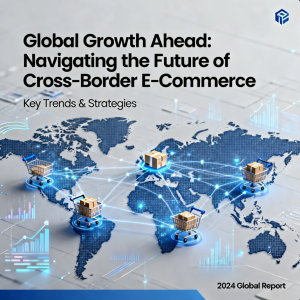
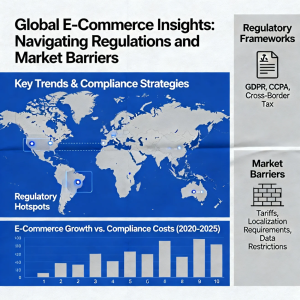
Post Comment